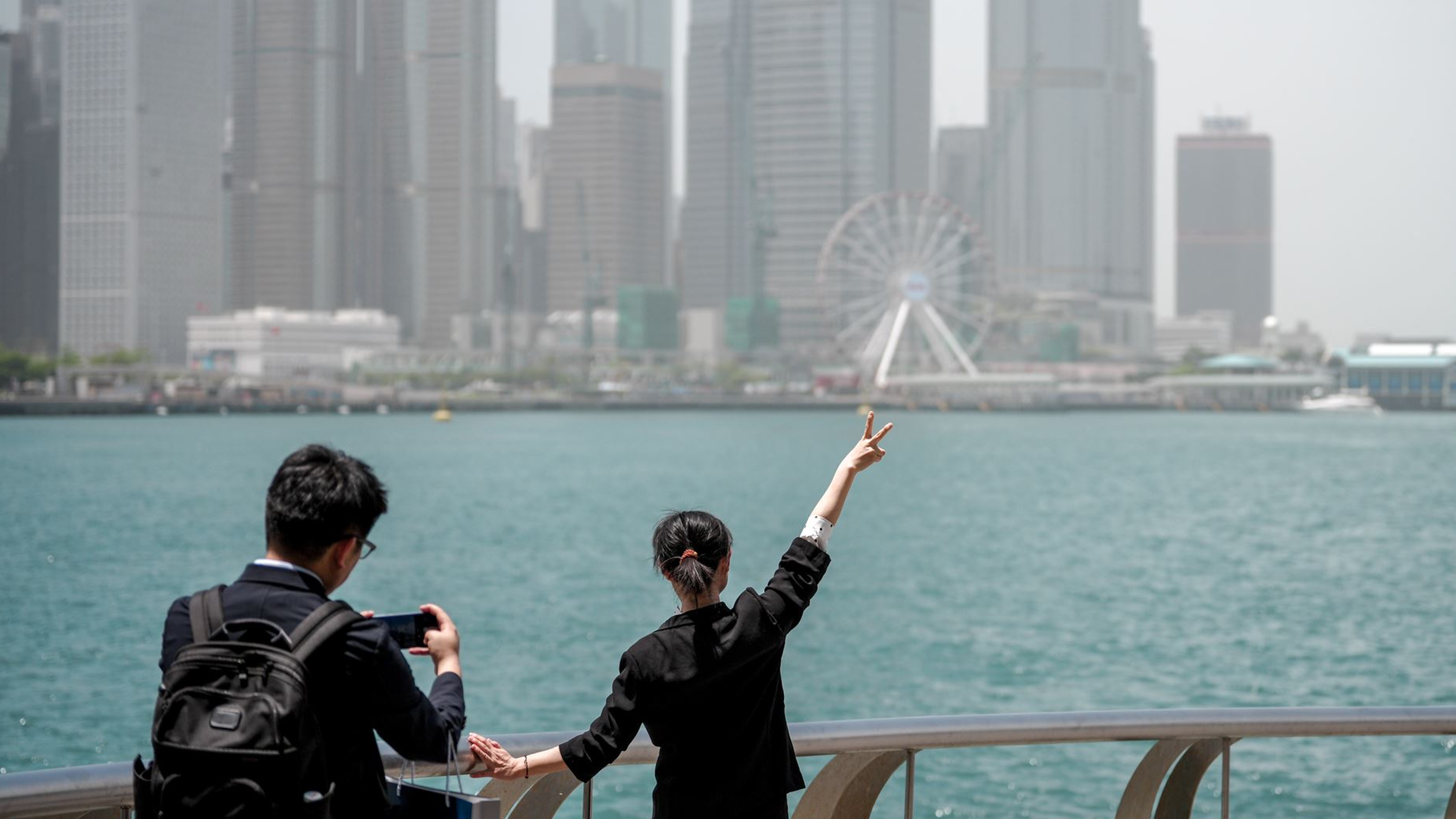
The Hong Kong government is set to use artificial intelligence (AI) to streamline bureaucracy and improve public service delivery, while harnessing the technology to provide tailor-made tourism information, senior government officials told legislators on Monday.
Briefing the Legislative Council (LegCo) on the city’s recent Policy Address, Secretary for Innovation, Technology and Industry Sun Dong said the AI Efficacy Enhancement Team, proposed by Chief Executive John Lee Ka-chiu as an efficiency-booster within the government, will push hard on the adoption of AI tools across departments, while coordinating and supervising an improved workflow.
Sun stressed that the immediate goal is to leverage AI to enhance public services without expanding the SAR government’s current workforce.
READ MORE: Designing a regulatory framework for AI-powered economy
To re-engineer internal government work, an “AI toolbox” -- potentially featuring open-source solutions -- will soon be introduced, said Commissioner for Digital Policy Tony Wong Chi-kwong at the same briefing. The ambitious plan has been slated to facilitate 100 types of government work by next year and 200 by 2027.
Wong also highlighted the cost-saving potential for such shared AI tools that can be customized for various departments performing similar tasks, like data analysis or minute-taking.
The Digital Policy Office (DPO), chaired by Wong, will roll out several high-impact, scalable AI flagship projects to serve as models in areas like data analysis, customer service, and document processing, he said.
The city’s one-stop digital services platform -- iAM Smart -- is also getting an AI upgrade, a move taken to meet growing public demand for smarter, more responsive services, Wong said.
The authorities are steering all departments to migrate their current e-services to the platform, aiming to make it an all-in-one-box access for government services by year-end, said Wong, adding that the move is already seeing potent results, with over 1,300 functions and forms now live on the system.
Wong also revealed that the number of government apps has been slashed from over 100 to around 70. Within two years, the number is expected to be halved again as underperforming apps are routinely culled each year.
The authorities are also considering how AI can inject impetus into tourism development, Secretary for Culture, Sports and Tourism Rosanna Law Shuk-pui said during Monday’s briefing.
Initiatives under review include a major upgrade to Discover Hong Kong -- a website portal providing tourism information -- and the launch of a real-time tourism map by early next year, Law said.
The AI-powered map is designed to disperse visitor crowds and craft personalized itineraries based on individual preferences, she said.
READ MORE: Reimagine tourism by integrating cultural experiences
Asked about funding for AI-related upgrades, Sun detailed the latest tiered funding approval mechanism and said that expanding AI applications is a top priority for the SAR government’s resources allocation.
Projects under HK$500,000 ($64,344) will be handled internally; those between HK$500,000 and HK$20 million require approval from a digitalization working group under the DPO; and bids over HK$20 million must go through the Legislative Council for approval.
On computing power, Sun said the government is actively studying the issue as part of its broader AI strategy. He stressed that strong data resources, talent pools, and global connections place the city in pole position to grow into a supercomputing hub for hosting high-performance, international computing projects.
Contact the writer at wanqing@chinadailyhk.com


